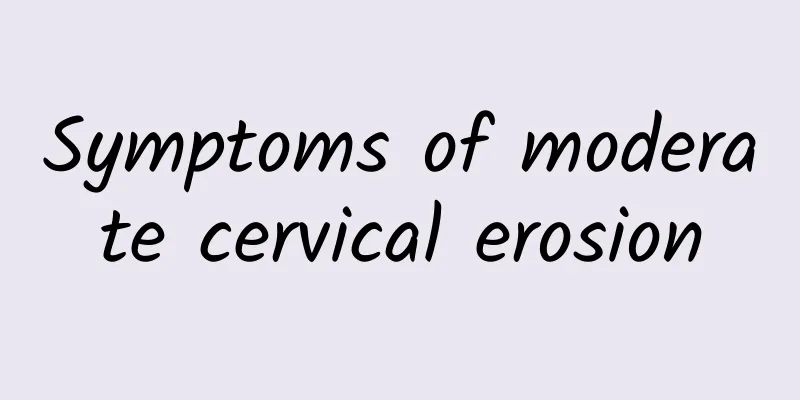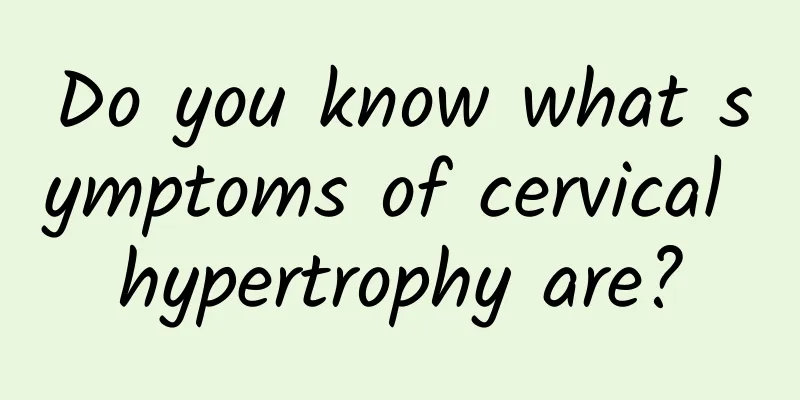Fatty liver out! Teach you how to calculate daily calories

|
Obese people generally have symptoms of body swelling and fatty liver, but clinical findings show that fatty liver is not the only condition for them. Many thin people have abnormal liver metabolism due to diet, chronic diseases and medications, and accumulate too much fat, which can also cause symptoms of "fat in the liver". This can cause long-term damage to liver function and in severe cases can lead to cirrhosis, liver failure and even liver cancer. To eliminate fatty liver, nutritionists remind you to strictly control your total daily calorie intake. Obesity is one of the causes of fatty liver, but it does not mean that thin people do not have the health problems of fatty liver. Getting rid of alcoholic fatty liver is the best way to stop drinking Tsai Hui-jun, a nutritionist at the Nutrition Department of Taichung Guangtian Hospital, said that the causes of fatty liver can be roughly divided into "alcoholic" and "non-alcoholic." People who habitually drink excessively will suffer from liver cell degeneration and necrosis due to alcohol, causing fat to accumulate in the liver and forming alcoholic fatty liver. Under normal circumstances, people with alcoholic fatty liver disease can prevent or even eliminate the symptoms of "oil-filled liver" by simply abstaining from alcoholic beverages. "Non-alcoholic fatty liver" is fatty liver formed without the presence of alcohol. The initial symptoms are not obvious. Most patients undergo health checks due to symptoms such as swelling of the right upper abdomen, hepatomegaly, fatigue, jaundice, etc., and only then are they aware of the presence of fatty liver when abnormal liver function indexes (GOT, GPT) are found. Diet to eliminate fatty liver: daily calorie intake is calculated like this Due to the westernization of diet and the rising prevalence of obesity, the proportion of patients with non-alcoholic fatty liver disease has continued to rise. If ignored for a long time, it may cause abnormal liver metabolism, leading to diseases such as liver inflammation, cirrhosis and even liver failure. In this regard, nutritionists recommend that people establish good eating, exercise and weight management habits as early as possible so that the liver can recover from the entanglement of greasy fat and play a competent metabolic and detoxification role for the human body. Nutritionist Cai Huijun said that when dealing with fatty liver, weight loss, exercise and diet control are three factors that cannot be neglected. The daily calorie requirements of each adult vary depending on individual height and weight. Nutritionist Cai Huijun recommends that for people with normal body shape whose BMI (body mass index, ideal body weight) is over 18.5 and under 24, the total daily calorie intake is 30 calories per kilogram of body weight. For an adult weighing 60 kilograms, the total daily calorie intake should not exceed 1,800 calories. Obesity is related to abnormal body metabolism and will also increase the risk of fatty liver. Therefore, you need to be more careful about the calories you eat every day. For those who are "overweight" with a BMI of 24 or above, the total daily calorie intake is 25 calories per kilogram of body weight. For those with a BMI of more than 27, the calorie intake restrictions are more stringent. It should be calculated by multiplying 21 calories per kilogram of body weight. However, this still causes the problem of eating too much. It is recommended to use "adjusting body weight" and combining it with activity level to make a complex calculation. ★Adjusted weight = (actual weight - ideal weight) x 0.25 + ideal weight
For example: For a man with a BMI of over 27, his actual weight is 100 kg, and the ideal weight corresponding to his BMI is 60 kg. The adjusted weight calculated according to the above formula is 70 kg. The recommended daily calorie intake calculated based on the actual weight and adjusted weight is 2100 kcal and 1750 kcal respectively. Based on the principle that obese people should reduce their calorie intake, the final calculation standard should be adjusted for weight, with daily calorie intake limited to 1,750 kcal. Adequate daily intake of dietary fiber can help prevent the formation of fatty liver. Avoid fatty liver by eating no more than 3 eggs a week In addition to strict restrictions on daily calorie intake, nutritionist Cai Huijun reminds that people with high cholesterol are prone to symptoms of dyslipidemia. They should eat less fat, especially saturated fatty acids, and avoid eating offal. They should not eat egg yolks more than three times a week. High-fiber fruits and vegetables can also help prevent and eliminate fatty liver, especially water-soluble fiber. You should consume 10 to 25 grams of it daily. Ingredients include oats, barley, apples, bananas, strawberries, dates, pears, etc. In addition, consuming three servings of dark green, white and purple vegetables, which are high in fiber, every day can also help prevent the formation of fatty liver. More importantly, try to reduce the intake of sugary drinks and refined desserts to avoid their digestion and decomposition too quickly. The excess sugar will not have time to be converted into glucose, but instead will turn into fat and accumulate in the liver, leading to fatty liver. |
<<: 13 tips to boost metabolism and double your weight loss effect
>>: You should eat snacks even when losing weight! 10 High-Protein Snacks
Recommend
What are the complications of cervical warts
When cervical warts occur, in addition to necessa...
Intensely recommended! 6 Antioxidant Foods to Fight Obesity
Fighting obesity depends on antioxidant foods bec...
Reminder! Dysmenorrhea also has certain reasons
Why do we have dysmenorrhea? Dysmenorrhea is a ve...
Vulvar leukoplakia care is very important
Vulvar leukoplakia is a very harmful disease, so ...
Gao Yixiang died of sudden cardiac death! Experts teach you a trick to calculate how much exercise you do to stay safe
Artist Gao Yixiang suddenly fell to the ground wh...
Diagnosis of complications related to artificial abortion
Some complications may occur after artificial abo...
Will I lose weight if I skip dinner? Nutritionist: These 3 tips for eating small and frequent meals are the key….
When it comes to losing weight, you must have oft...
What should you pay attention to after the flow?
You should be observed for 2 hours after the abor...
Before having an artificial abortion, you should make the following preparations:
Artificial abortion is a common multiple birth su...
Leucorrhea with a foul odor does not necessarily mean vaginitis
Leucorrhea with odor is a common abnormal symptom...
What to do if uterine fibroids appear before pregnancy? How to treat uterine fibroids before pregnancy?
Although uterine fibroids are benign tumors that ...
What are the precautions for painless abortion?
Painless abortion is the best solution to contrac...
How to deal with unbearable vulvar itching in patients with vulvar leukoplakia Methods to relieve vulvar itching
Vulvar leukoplakia is a white spot on the vulva c...
Are cervical warts really contagious during the incubation period?
Cervical warts are a highly contagious disease, a...
Recommended authoritative hospital for the treatment of bacterial vaginosis
We should all be familiar with gynecological infl...









